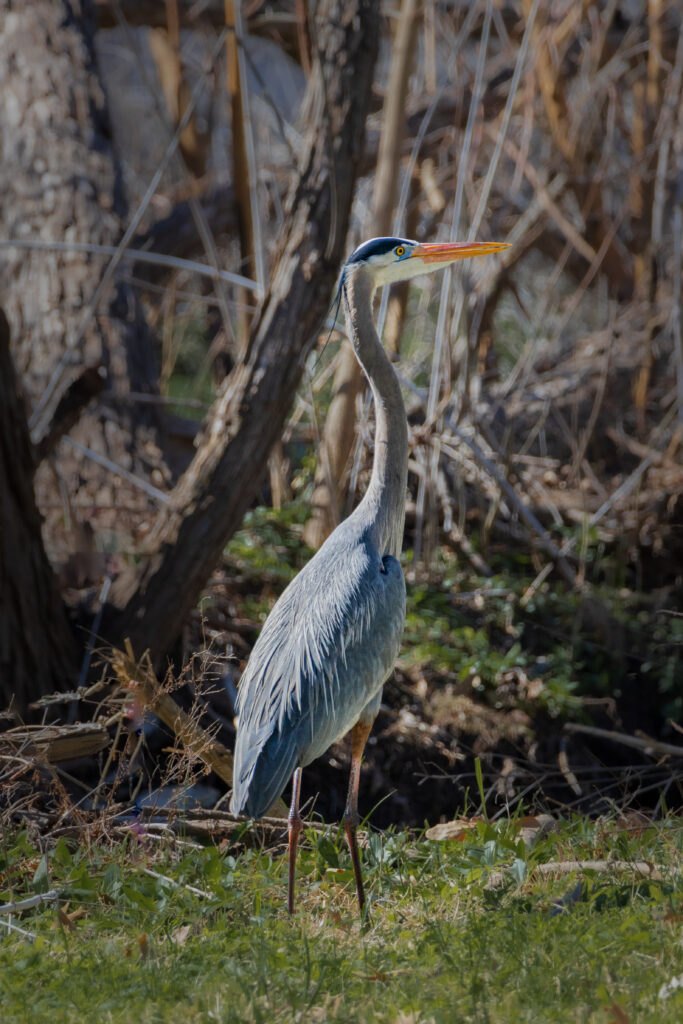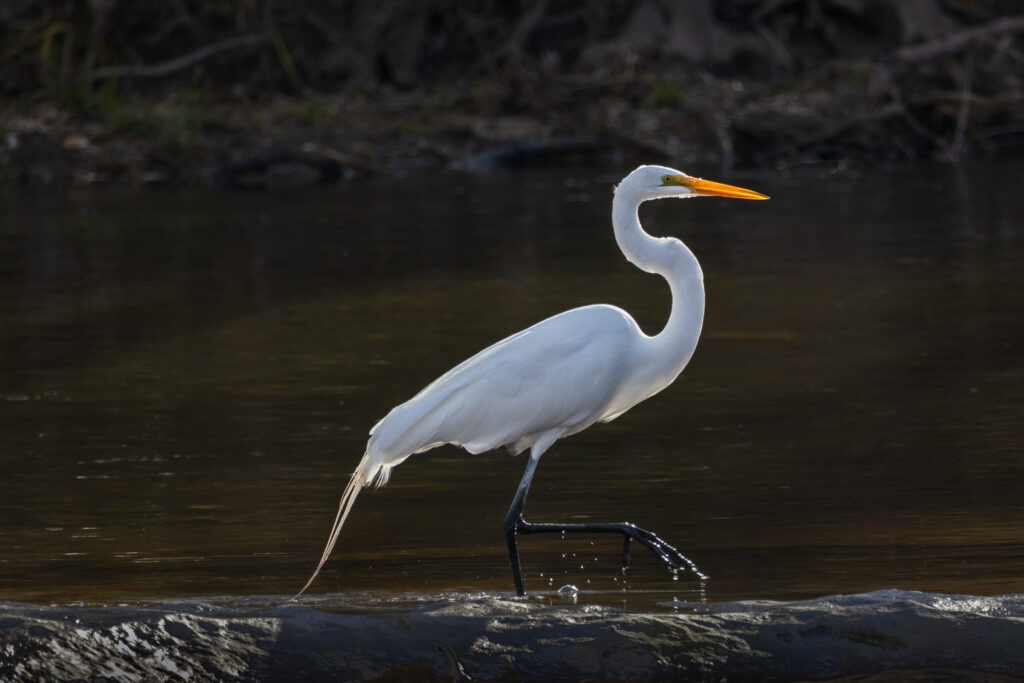I’ve been a software quality assurance engineer for more than thirty years and have done my share of job hunting. Also, I’ve been a hiring manager a number of times throughout my career, so I’ve screened a lot of technical resumes as well. I’ve developed some opinions about how resumes should be formatted to facilitate the way I do resume screening as well as some other opinions about resumes. Recently, quite a few of my friends and former coworkers have been job hunting, and I’ve helped a number of them with their resumes, so I thought it was time to write up my opinions.
I know that there is a ton of advice out there about resumes, much of it conflicting. My expectation in writing all this up is just to offer my perspective. I’ve gotten good feedback from people who I’ve helped with their resumes, but I do not claim that my advice is best practices. I As you read this, take the things that make sense to you, discard anything else.
My resume screening process
When I’ve been a hiring manager, here’s how the resume screening stage of hiring has always worked (in cases where I didn’t work with an HR partner and had to do all the resume screening myself, the process starts with my scanning for keywords, at step #3 basically):
- Meet with my HR partner to discuss what I’m looking for generally and to give that a set of keywords that a good candidate must have in their resume as well as desired levels of experience with those qualifications.
- As the HR partner looks at submitted resumes, they’re looking for the existence of my desired keywords. and, if a resume has them, then they try to get an idea of whether the candidate meets my overall criteria (years of experience, etc.)
- My HR partner passes off selected resume to me. As I review them, I’m doing basically the same thing as the HR partner did; the only difference is that I understand the technical terms more than the HR person did:
- I screen a resume for the desired keywords
- If a resume has those keywords, I look for those keywords in the bullet points for the candidate’s various jobs to see when and where they used each skill that I’m interested in. I literally do CTRL + F for each keyword in the resume. I don’t even necessarily read the relevant bullet points, just confirm that the skill appears in recent job bullet points.
- If the resume makes it through the steps above, I actually spend the time to really read the resume in detail.
I spend literal seconds screening a resume
These days every opening gets hundreds of applicants. For the position I was hiring recently, we got over 400 applicants, and we didn’t promote or advertise the opening. Therefore, speed and efficiency is the focus of the people doing the initial reviews, and it’s easiest to reject candidates for pretty much anything. When I’m doing a first-pass screen of applicants, I spend literal seconds on the keyword scanning and keyword matching phases, and I assume that my HR partner does the same. If I can’t easily find the keywords that I’m looking for, I reject the resume.
It’s the same for the keyword matching phase–where I try to figure out when and where a candidate used the skills that I’m looking for: if I can’t get a feel within a matter of seconds for when and where the candidate used the skills that I’m looking for, I toss the resume. As I review resumes for friends and ones submitted for my job opening, I’m amazed at the number of candidates who list a skill in their summary section but that skill does not appear elsewhere in their resume.
Formatting your resume for screening
If you’ve read this far, then the next section shouldn’t be a surprise: if your resume isn’t specifically formatted to make it easy to a.) find the relevant keywords and b.) to identify when and where you used skills and experiences, your resume will be tossed. Specifically:
- Facilitating keyword scanning: the first section below your name and contact info should be a summary of skills and experiences.
- Facilitating keyword matching: the bullet points for each past job should contain the relevant keywords for technologies and skills that you used in that job. I’ve seen some candidates go so far as to bold-face the relevant keywords in the bullet points. I love that because it just makes my job that much easier.
Outdated resume advice
As someone who’s been in the industry since before everything was electronic, I think a lot of common advice about resumes is a holdover from days of paper and is therefore not very relevant today:
Cover letters
In ye olden days before everything was electronic, it was quite common for paper copies of resumes to be passed around with little additional context. Say I go to a conference, have a conversation with someone and they give me their resume. I get home from the conference, sort through all the materials I picked up at the conference and don’t really remember who gave me this resume or why. In that scenario, a cover letter makes sense: it provides context for the resume.
In the modern world, however, resumes are rarely passed around without some kind of context. Take the same scenario about going to a conference: if I’m at a conference these days, that other person will not hand me a paper copy of their resume; most likely, they’ll send me an email and attach the resume. The email serves the same purpose as a cover letter used to: provide the context for the resume. In my opinion, the same applies most of the time with regard to submitting cover letters with job applications. I’ve not written a cover letter in decades, and I typically don’t read them when reviewing candidate profiles, but I’m sure there are some circumstances where they are still appropriate.
Career objective statements
My opinion about career objective statements on resumes is essentially the same as my opinion about cover letters. Back in the days of paper, career objective statements provided context that is rarely needed today.
One-page resumes
Back in the days when resumes were always printed, the possibility existed that additional pages of your resume could be misplaced, so a one-page resume served a very practical purpose. There are good arguments that your resume shouldn’t be too long, but in my opinion, there’s no good reason today to go to great lengths to keep your resume one page. And certainly do not sacrifice readability (“screen-ability”) just to keep your resume an arbitrary length.
Odds and Ends
I also have a few other miscellaneous opinions about resumes.
Avoid subjective statements about personal qualities
This is one of my pet peeves. I just viewed a few of the resumes that were submitted for the position that I was recently hiring for, and I immediately found some examples:
“A proactive team player with excellent problem-solving and communication skills, ensuring smooth collaboration with development, operations, and product teams.”
“Excellent analytical, problem-solving, communication, and interpersonal skills along with a good attitude for learning.”
“Detail-oriented approach adhering to timelines”
“Ability to work independently and participate in team environments”
I am strongly against using such statements in your resume: anyone can make such claims, they are very hard to impossible to validate in interviews, and they take up space in your resume that could be used for more quantifiable and directly relevant descriptions of your qualifications
Use industry-standard job titles
A resume is a marketing document, and the purpose of it is for people to get an idea of your skills and experiences at a glance. If you had cryptic or inaccurate job titles in past, I advise you to use on your the industry-standard job titles that most accurately reflect the work that you performed in that job. When you fill out job applications or background check forms, you might want to use the actual job title. If someone asks about the discrepancy, just use the reasoning above. I have used this strategy for decades and in many cases, I no longer even remembered my official job titles, and nobody has ever asked about it, and it has never caused an issue with a background check.
Don’t list general skills
Here I’m talking specifically about adding skills such as “Proficient in Microsoft Office” (or substitute in any of the Office applications or other very general skills) unless they are directly relevant to your experience or the position you’re applying to. Otherwise, I assume that any knowledge worker can use these applications. And again, listing these skills that are common to all knowledge workers just takes up space that could be used for more relevant qualifications.
Use a very plain text-based format
I see a lot of resumes that use fancy formats with color, multiple columns, graphics indicating skill levels, etc. These formats presumably do not get parsed as well by applicant tracking systems, and in my opinion, this formatting hampers the keyword searching and keyword matching.
I see a lot of people online recommending using the Jake’s resume template in LaTeX, and I think that’s a good choice. Also, keeping the master copy of your resume in a structured format such as LaTeX ensures that formatting doesn’t hinder ATS parsing of the resume. Overleaf is an online LaTeX editor that offers a free tier for personal projects. I keep my master copy in very simplified HTML, using header tags appropriately to indicate document structure, and that has worked well for me. If I were starting from scratch today, I would use LaTeX format and Overleaf.
Always send your resume in PDF format
PDF format (sorry for the redundancy) was designed precisely for the use case of ensuring that a document looks the same regardless of the specifics of the device someone else is viewing it on. Do not send anyone your resume in Microsoft Word format. These days, with the popularity of online tools such as Google docs for creating and viewing documents, you can’t assume that people viewing your resume have Word installed. If, for instance, I open a Word document on my personal MacBook that doesn’t have Word installed, it will open in the Apple Pages application, and I’ve seen many instances where the Word formatting was butchered in Pages. Using PDF avoids such problems.
Here’s a mediocre example
I’ve tried to apply all of my own advice to my resume. I call it mediocre because I see a lot of things that I would like to improve, but I’m not job hunting at the moment, so I don’t feel the urgency at the moment to make the improvements.
NOTE: I’ve keep a copy of my resume on my personal web site, though I don’t think that’s a particularly relevant practice these days; I just continue it for continuity; I started the practice long ago and don’t see the need to take it down.





